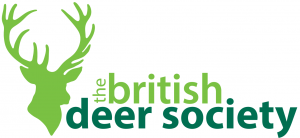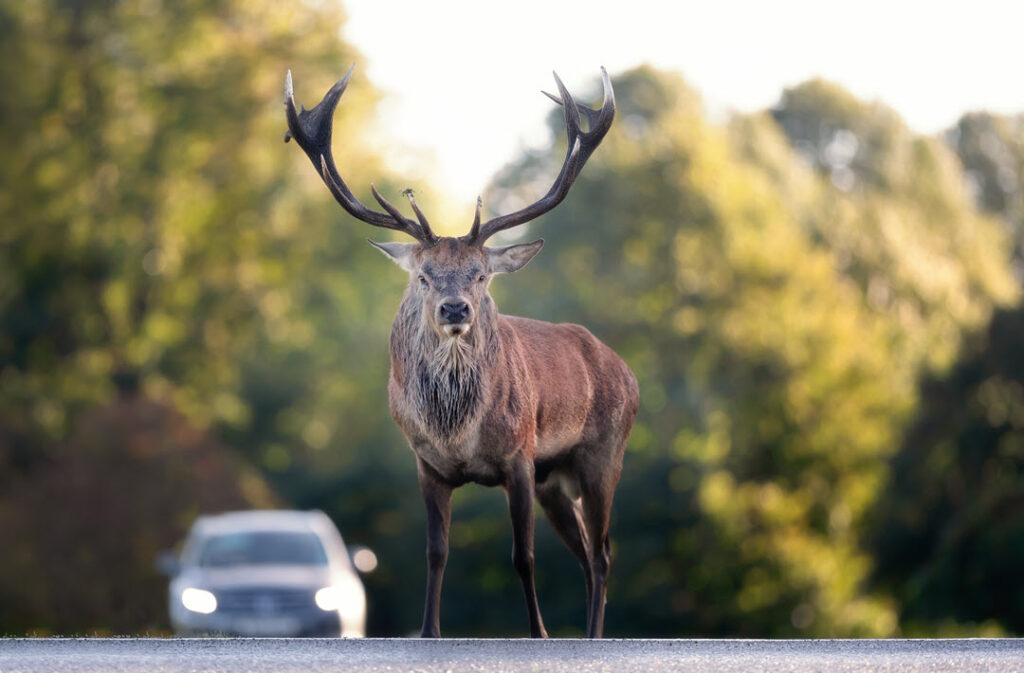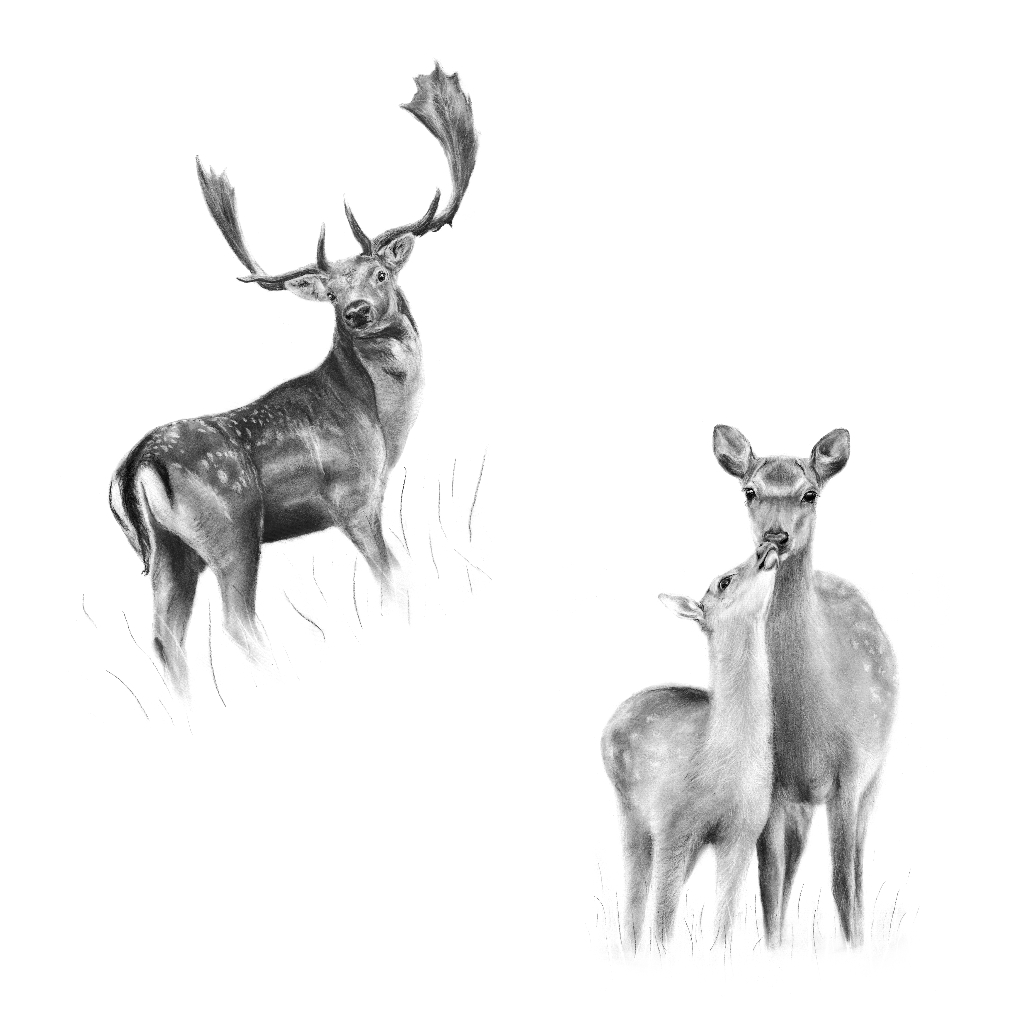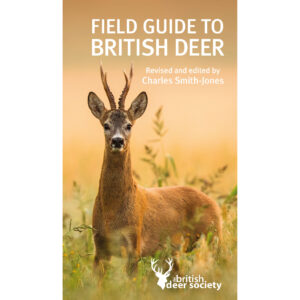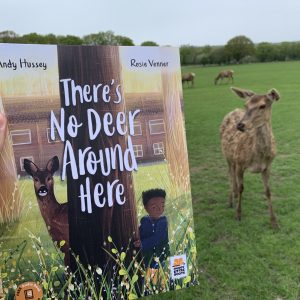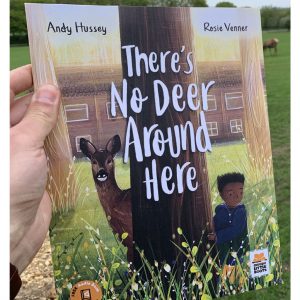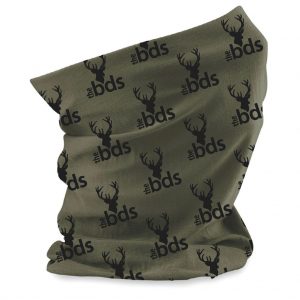Ask BDS – What Can I Do About Deer Near Busy Roads
Share article:
Article by:
Charles Smith-Jones, Technical Adviser, British Deer Society
Deer and roads
The British Deer Society often receives enquiries from concerned people who have busy roads and deer populations close to their homes and wonder if there is anything that they can do to help reduce the chances of a deer/vehicle collision.
The best approach is usually to enquire whether the roads or traffic department of the local council would consider putting up appropriate warning signs. When doing so, it can be helpful to stress the risks to public safety that accompany deer/vehicle collisions.
Warning Signs
Current thinking is that temporary signs work much better than permanent ones. These are much more likely to be noticed by drivers providing they are only used for short periods of time. They are also easier to get authority to put up as they do not require the same permissions as a permanent sign.
The BDS is always ready to advise local authorities on the presence of deer in an area, although, with deer now so widely distributed across so much of the country, it is very likely that wildlife warning signs will only be considered for known roads ‘hot spots’.
There are downloadable signs available at How You Can Help Deer Aware and Education & Printable Resources which can be printed off and laminated, though it is always advisable to contact the local authority if you are considering putting them up alongside public roads.
High risk areas
Where there is a particularly high risk of deer/vehicle collisions it is more likely that authorities might prefer to erect their own approved signage in the interest of public safety. There are no restrictions on putting up signs alongside footpaths etc. that cross private land although the landowner’s permission should be sought first.
Deer Collisions
If you witness a collision, many police forces operate a callout scheme for deer injured on the roads. By calling the non-emergency 101 number (use 999 only if circumstances suggest a risk to human life) the police control room should be able to task an appropriately qualified and experienced person to deal with the situation quickly.
Alternatively, you could contact your local branch of the RSPCA, or another animal rescue organisation, but in many cases, they may not have the staff available to be on the scene quickly.
There is comprehensive advice on the actions to take if you encounter an injured deer at Found or seen an injured deer? Here’s what you can do to help it
PLEASE HELP US TO KEEP EDUCATING & INSPIRING EVERYONE ABOUT DEER FOR FREE
If you have found our free resources about deer in the UK useful then we’d really appreciate your support in helping us keep them free for all! How can you support our work?



